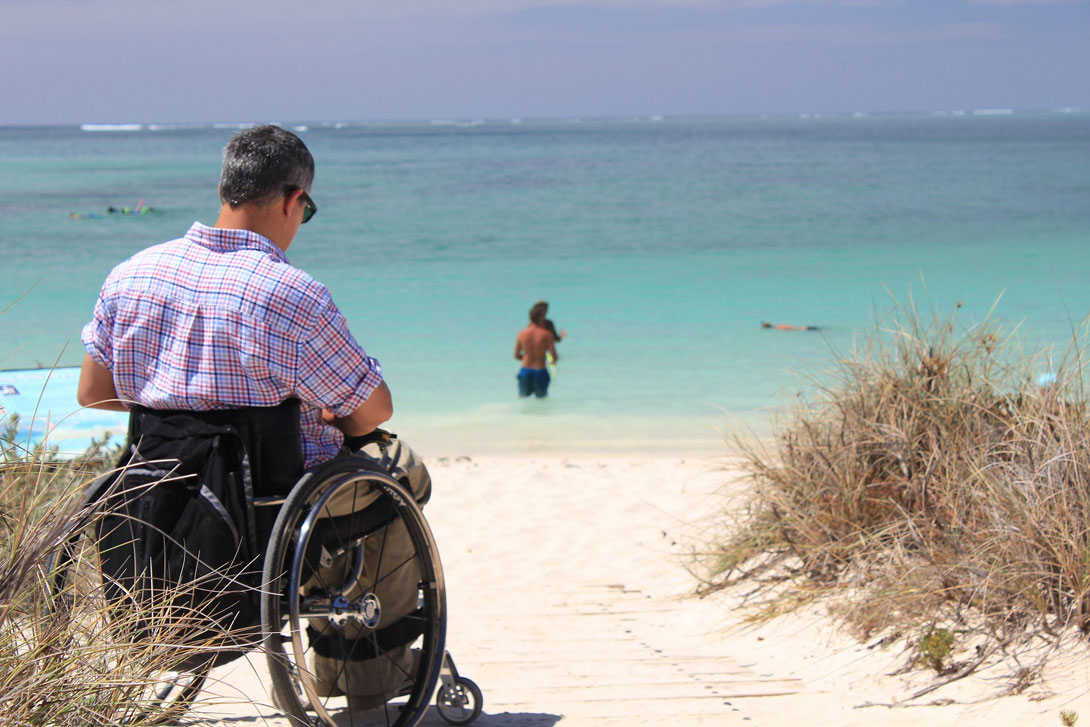Filters
Search Programmes
Programmes Categories
- Architecture & Design ( 1 )
- Artificial Intelligence ( 6 )
- Cultural Integration ( 1 )
- Disability Awareness ( 2 )
- Events ( 1 )
- Food Safety ( 1 )
- Food and Beverage ( 3 )
- Forbes Travel Guide 2022 Sessions ( 3 )
- Forbes Travel Guide Leadership Excellence Level 1 ( 10 )
- Forbes Travel Guide Leadership Excellence Level 2 ( 1 )
- Forbes Travel Guide Management Excellence Level 1 ( 6 )
- Forbes Travel Guide Management Excellence Level 2 ( 1 )
- Forbes Travel Guide Service Excellence Level 1 ( 7 )
- Forbes Travel Guide Service Excellence Level 2 ( 8 )
- Forbes Travel Guide Service Excellence Level 3 ( 11 )
- Front Office ( 1 )
- Government and Institutional Travel ( 3 )
- Hospitality Management ( 7 )
- Housekeeping ( 2 )
- Information Technology ( 5 )
- Language ( 1 )
- Law ( 1 )
- Marketing and Communication ( 4 )
- Nutrition ( 1 )
- Professional Chef ( 1 )
- Project Management ( 1 )
- Responsible Tourism & Travel ( 1 )
- Spa ( 1 )
- The Maltese History ( 1 )
- Understanding Different Travellers ( 1 )
Accessibility and Inclusive Tourism Development: Current State and Future Agenda

Tourism scholars continue to question how the tourism industry and tourism research might drive a more inclusive and sustainable future. This is certainly the case with respect to reducing the current marginalisation or exclusion of people with disabilities in tourism by bringing them into the industry in ways that directly benefit them, or that they can gain more control over. As tourism has long been positioned by scholars as exclusionary, there is a continued need to address the industry’s lack of accessibility that creates social inequality. With this purpose in mind, the aim of this conceptual paper is to map how accessible tourism is currently positioned against the framework of inclusive tourism development and to give examples of relevant accessible tourism studies to recommend a future agenda for more inclusive outcomes that move towards sustainability


